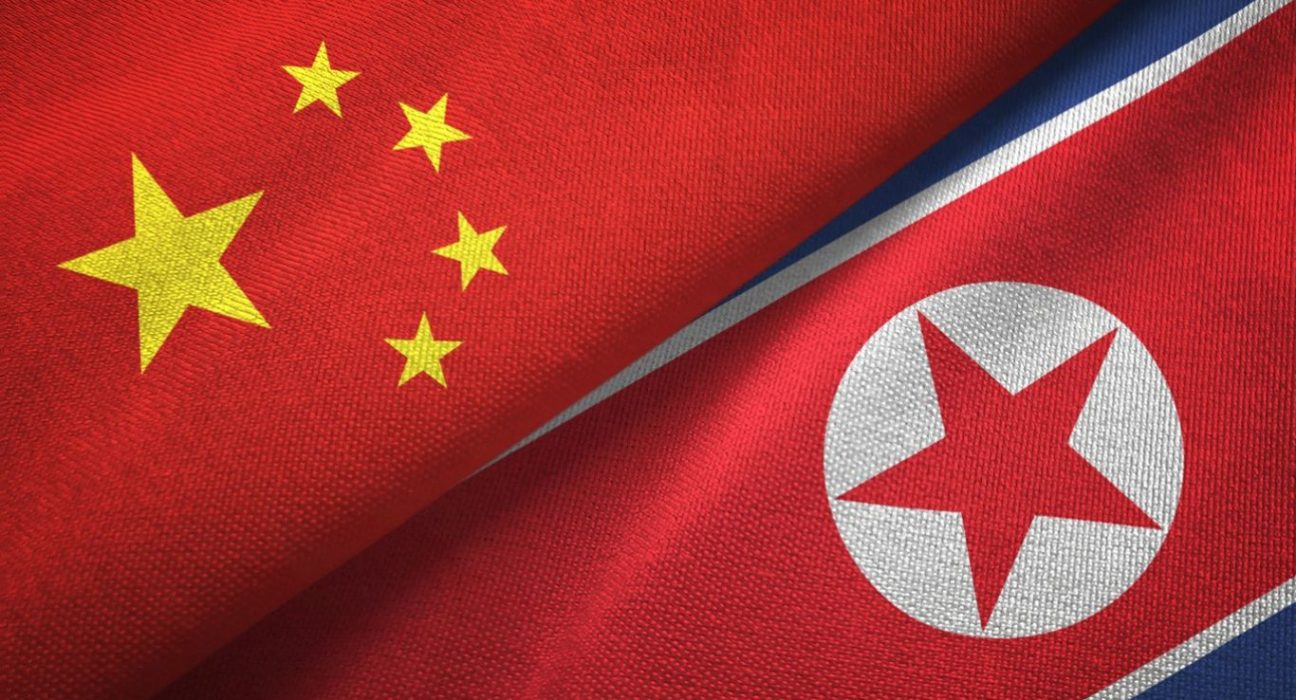Introduction
China’s exports to North Korea have shown a substantial surge in April compared to the previous year, as reported by the Chinese General Administration of Customs. The data revealed that outbound shipments to the isolated nation soared by 69% year-on-year, reaching a total value of $166 million. This significant increase in trade between China and North Korea has far-reaching implications, shedding light on the economic dynamics and potential impacts on North Korea’s ongoing food crisis.
Major Export Items: Wigs and Fertilizer Lead the Way
Among the major export items from China to North Korea, processed hair and wool used for wigs took the lead in terms of value, accounting for approximately $11.6 million. This suggests a growing demand for cosmetic products within North Korea. Additionally, diammonium hydrogen phosphate, a widely used fertilizer, constituted another significant export, valued at $8.84 million. This highlights the importance of agricultural support and development in North Korea, particularly considering its long-standing struggle with food insecurity.
Rice Imports and Food Crisis Concerns
As part of the April trade figures, North Korea imported $5.07 million worth of rice from China. This highlights the ongoing food crisis in the country, as North Korea has historically grappled with food insecurity. The South Korean newspaper DongA Ilbo had previously reported in mid-February about the deteriorating food crisis in Pyongyang. The surge in rice imports from China indicates the dire need for sustenance within North Korea and the challenges it faces in meeting its own food requirements.
Remarkable Growth in Trade: January-April Comparison
The customs data further revealed that from January to April, Chinese exports to North Korea witnessed a staggering leap from $270.59 million to $603 million. This four-month comparison indicates a significant increase in trade volume, signifying the strengthening economic ties between the two countries. However, this surge in trade comes at a time when North Korea remains under United Nations sanctions due to its missile and nuclear programs, leading to questions about the broader implications of such economic engagement.
Implications for North Korea’s Food Crisis and Sanctions
The surge in Chinese exports to North Korea, particularly in food-related products such as rice and fertilizer, could provide some relief to the country’s ongoing food crisis. North Korea’s reliance on imports for its food supply is well-known, and China’s increased exports might help alleviate some of the immediate concerns. However, the long-term sustainability of this approach remains uncertain, considering the potential limitations imposed by international sanctions.
Despite the increased trade activity, it is crucial to note that North Korea continues to face strict sanctions from the United Nations, primarily due to its missile and nuclear programs. These sanctions have severely constrained the country’s access to international markets and financial resources. While the surge in Chinese exports may partially address immediate needs, it is essential to consider the long-term consequences of such engagement, especially regarding North Korea’s broader economic and geopolitical landscape.
Conclusion: Trade Dynamics and Future Prospects
The recent surge in Chinese exports to North Korea, encompassing products such as wigs, fertilizer, and rice, highlights the evolving trade dynamics between the two nations. China has been a vital economic lifeline for North Korea, providing essential goods and resources, despite the existing international sanctions. This surge in trade could potentially provide temporary relief to North Korea’s food crisis, addressing immediate needs for agricultural support and sustenance. However, the sustainability of this trade relationship remains uncertain, given the ongoing sanctions and geopolitical complexities surrounding North Korea.
Looking ahead, it is crucial for China and the international community to strike a delicate balance between humanitarian concerns and enforcing sanctions. While providing assistance to address North Korea’s food insecurity is paramount, it is equally essential to ensure that trade does not inadvertently support its prohibited missile and nuclear programs. Efforts should be made to explore avenues for humanitarian aid and development assistance that can circumvent these challenges.










